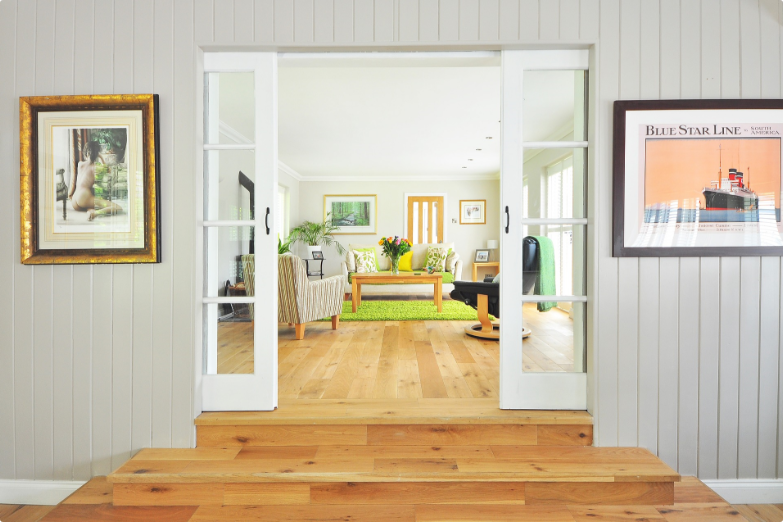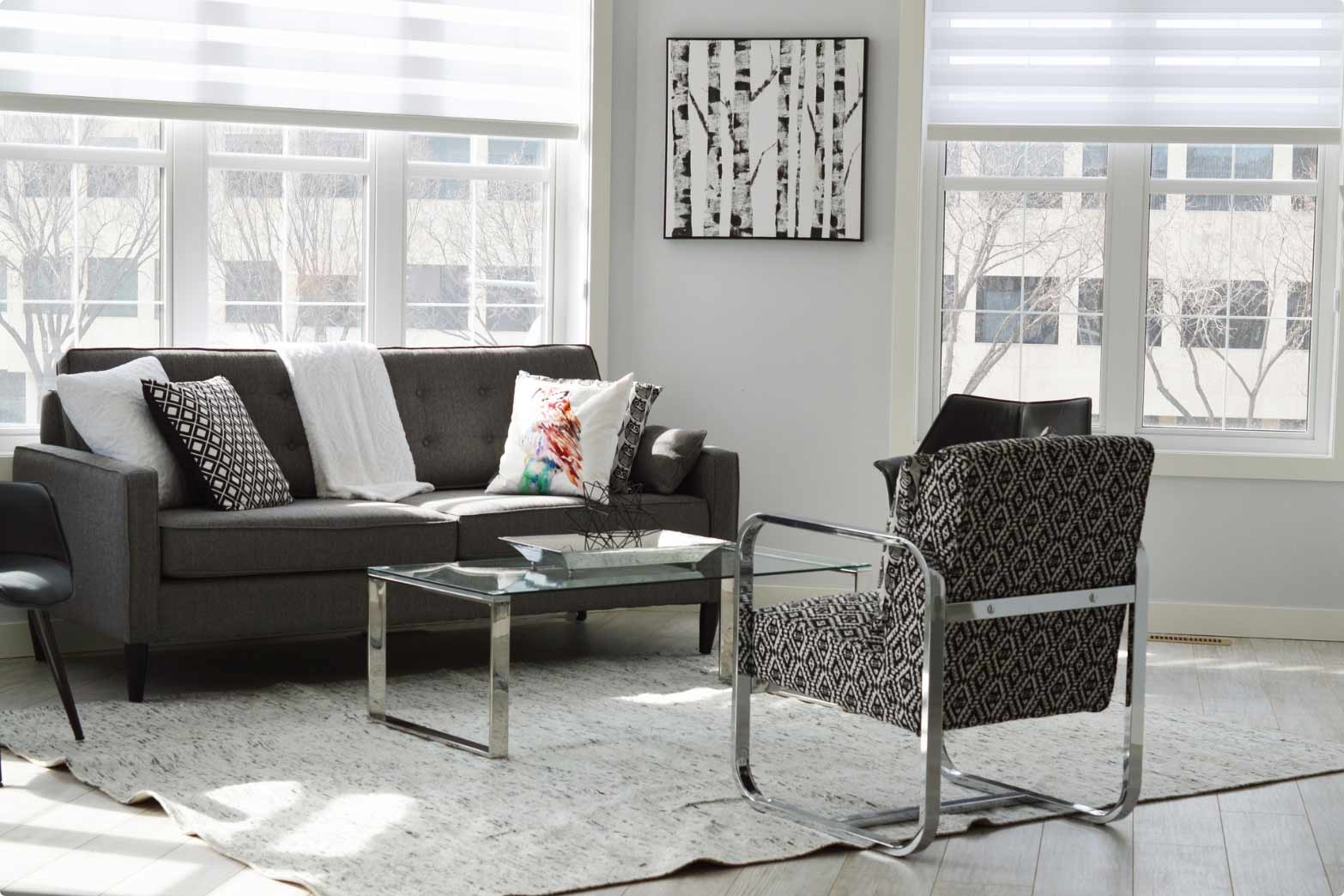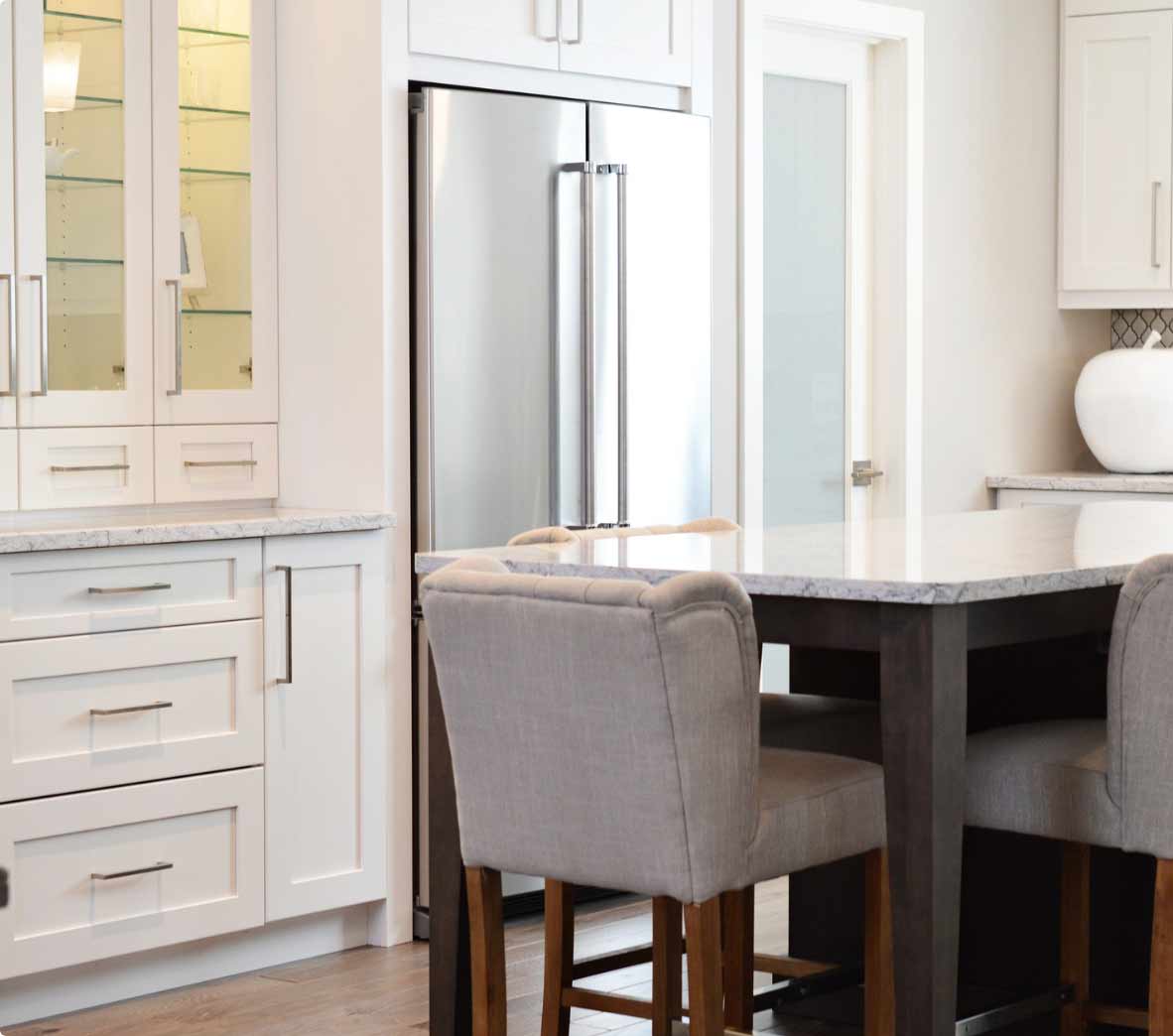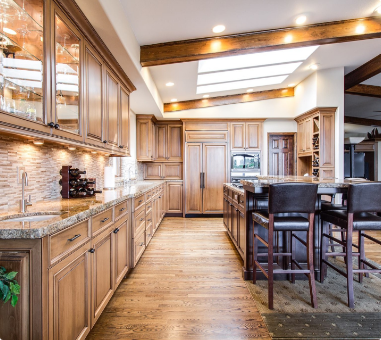USA & Canada: (877) 276-5745 | En Mexico: (638) 383-0700
USA & Canada: (877) 276-5745 | En Mexico: (638) 383-0700
USA & Canada: (877) 276-5745 | En Mexico: (638) 383-0700
USA & Canada: (877) 276-5745 | En Mexico: (638) 383-0700

While the appeal of having your own property that you can travel to during long weekends sounds exciting, the reality can sometimes be much different than you imagine. There are a whole host of extra costs and considerations that need to be taken into account before making the plunge, but if it all works out, having a second home can be a fantastic investment. Not only will you be able to travel there whenever you want without fear of blackout dates or vacancy issues, but you’ll have a place you could make memories at, potentially for decades.

Not everyone itemizes their taxes, but enough people do that nearly $77 billion of mortgage interest was claimed on taxes in 2016, representing about nearly 30% of all individual taxpayers. Tax reform enacted at the beginning of 2018, however, has nearly doubled the standard deduction for people who want to claim mortgage interest, which should discourage people from itemizing altogether. Depending on how high your income is, it may make sense to take advantage of the deduction instead of itemizing.

This is relative to your location, but one of the changes in tax law this year caps the mortgage interest deduction at $750,000, instead of the $1 million that it previously sat at. If you’re looking at a home that is less than about $900,000, you probably won’t notice the difference, but once you start looking at vacation homes that are more expensive, be aware that you won’t be able to claim all of it on your taxes. One bright spot in the new tax laws is that capital gains taxes weren’t affected, so if you have lived in your house for two of the five years previous to selling it, you can keep up to $250,000 from the profits if you file separately, or $500,000 by filing jointly.

Unfortunately, one of the bigger new laws in effect regards strictly vacation home purchases. If you want to buy second home strictly as a vacation house, you won’t be able to deduct the mortgage interest on it at all, meaning you’ll have to take that into effect when you do your taxes next year (this only applies for new home purchases, so it doesn’t affect a vacation home you already own). Also, you won’t be able to deduct a home equity loan either, whereas previously, you were able to deduct up to $100,000 from your taxes if you took a loan out. Property taxes are also capped. The normal deduction allowed for homeowners to deduct all of their property taxes no matter the amount, but 2018 tax law limits that deduction to $10,000. This will primarily affect high-value homes in places like New York or California, but since roughly 4.1 million people pay property taxes greater than $10,000, it will have a wide-reaching effect as well.
If you’re in the market to buy second home, there are certainly ways to do so, whether that means tapping into the equity on your primary residence to come up with the down payment for a second house or renting out the vacation home at times to recoup some of the cost. If you want to refinance your second home in order to get a lower interest rate, there are ways to do that as well. Regardless, owning a vacation home does not have to be something that’s reserved for millionaires. Anyone can own a second property if they’re willing to do the research and be patient for the right opportunity.

For as long as there have been taxes, people have been looking for breaks, and many of those throughout history have come in the form of real estate. As a matter of fact, it’s a long-held belief by many that real estate has some of the best tax advantages of any investment opportunity on the market.
For starters, nearly everything that you spend on your house can be deducted from your taxes for the following year. Interest, taxes, insurance, certain expenses, losses and even depreciation all help reduce your tax bill and can sometimes result in a substantial amount of savings. Furthermore, once you sell the rental property, you can roll the proceeds into a new house without having to pay any capital gains taxes as well.
That doesn’t mean that buying a vacation property – especially since 2018 – doesn’t come without some risk. Since the beginning of the new year, there has been a substantial amount of reform regarding housing tax law that you should be aware of.